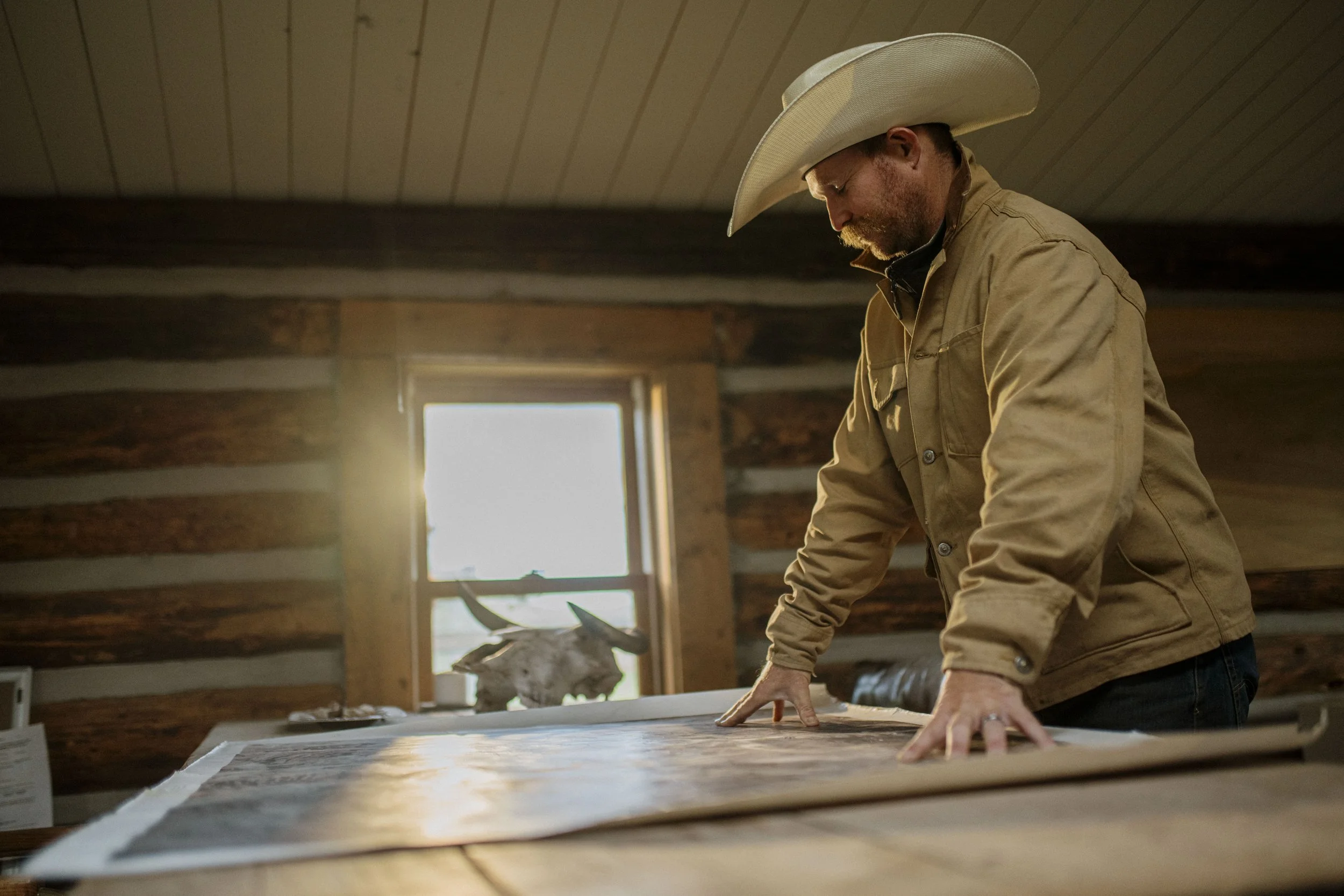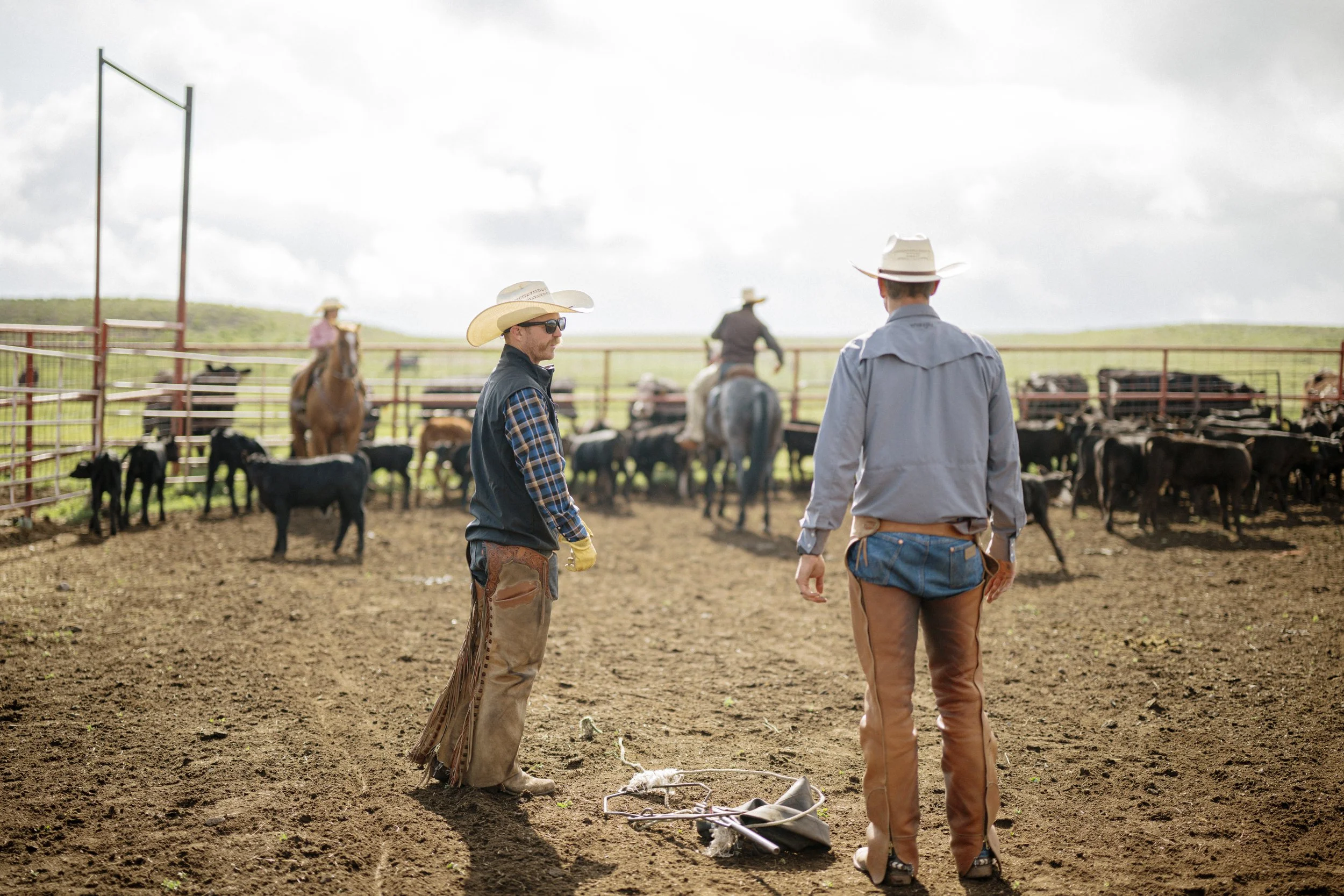The Hidden Cost of Mediocre Ranch Management
You won’t see “Poor Management” as a line item on a balance sheet, but you’ll sure see its effects: lower revenue, higher costs, more unplanned-for expenses and issues, and opportunities missed.
Having someone keeping animals alive and fed, getting projects done (ish) and making sure calves make it to the sale is the absolute bare minimum, and owners can (and should) expect more, but often don’t know what that looks like.
1. The Real Price of “Good Enough”
When grazing rotations get sloppy, or cows calve ten days later each year, or bull quality deteriorates, profitability bleeds quietly. Small inefficiencies snowball into real losses.
We are not expecting perfection. That’s impossible! But great managers go far beyond the bare minimum to improve metrics (whether quantitative or qualitative) each year whenever possible. This means always staying curious and learning new things, and tweaking processes so ranch isn’t relegated to the graveyard of “This is how we’ve always done it,” but rather thrives in the “We keep what is working well and change what isn’t.”
2. Leadership Vacuum = Operational Drift
A ranch without decisive, informed leadership eventually becomes a caretaker’s hobby farm, regardless of its size. Decisions slow down, accountability disappears, and the owner’s return on investment crumbles.
That isn’t good enough.
Professional-quality ranch managers aren’t willing to let things fall apart. Partly, it’s because of professional pride, but also because it’s the right thing to do and they love it. They also invest in themselves and their teams, and know that “Ranch Manager” or “Cow Boss” or “Operations Manager” isn’t a title that is bestowed like a knighthood, but one that’s constantly earned through respect, trust, and communicating well with the people they work for and the people who work for them.
3. People Follow Competence
This follows on from the above point. Good employees don’t stay for wages—they stay for leadership. Mediocre management repels top talent, and without top talent, everything else gets harder.
The best ranch managers take care of the ranch, yes, but they also take care of their people, give them opportunities to learn and grow, and get the “Ride for the Brand” buy-in that eludes mediocre management.
4. Excellence Has a Multiplier Effect
Professional management doesn’t just prevent loss—it drives gains across land health, cattle performance, and staff morale. Professional managers play the long game and are constantly reassessing and looking for opportunities, whether that’s shifting the grazing rotation, adding yearlings on a good year, trying a new weaning protocol, or looking at ways to improve the cow herd with better genetics, genomic testing, etc.
That’s why JRC doesn’t “run places.” We manage assets. Because mediocre management is the most expensive decision you’ll never see coming.


